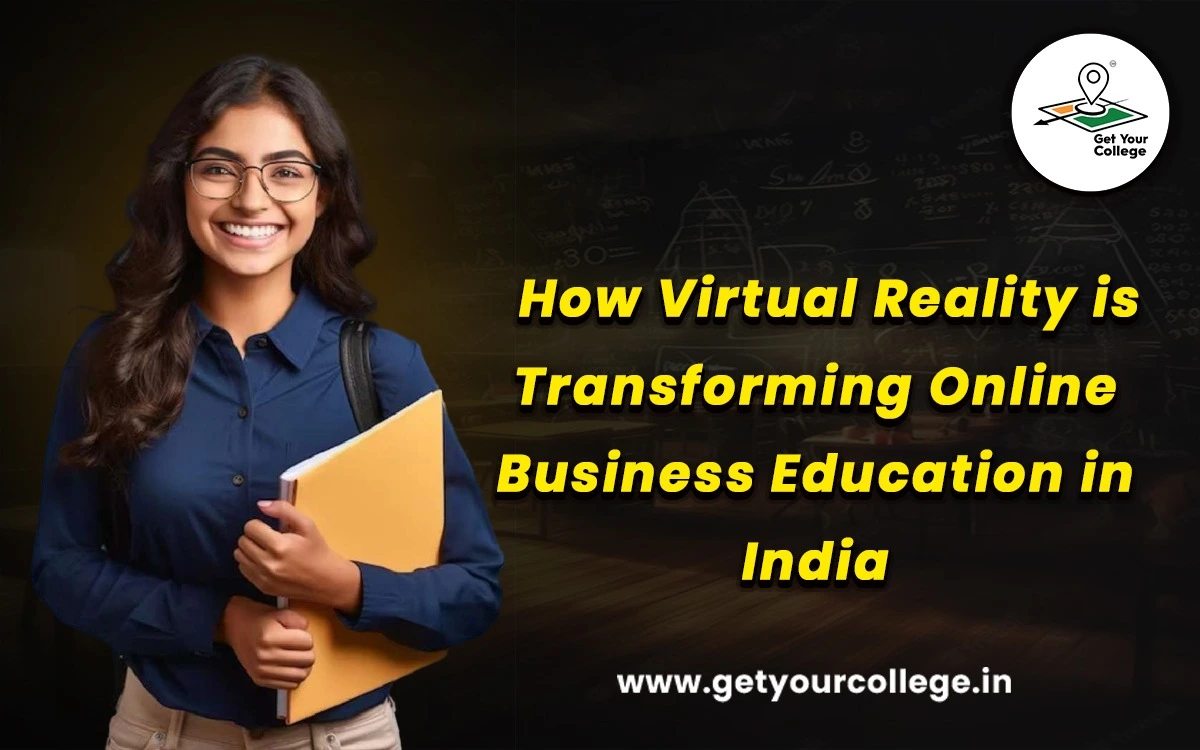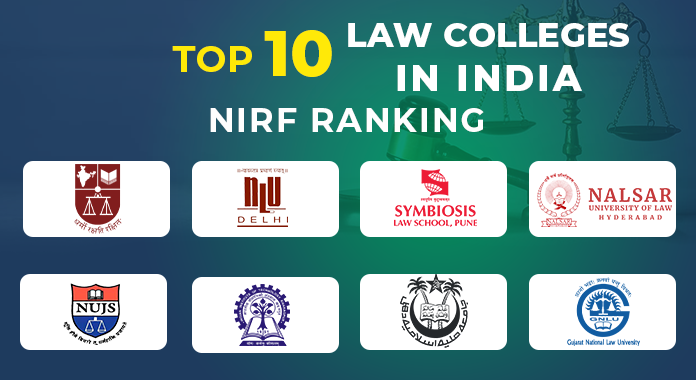The face of Indian education has been undergoing rapid changes, and apparently, online learning is at the helm of affairs. Among many such technological betterments, Virtual Reality is fast emerging as a strong tool in reshaping online business education. With the rising interest in online MBA courses amongst Indians, VR is all poised to usher in a sea change in the mode of learning, interaction, and getting placements for their future career goals.
Increasing Popularity of Online MBA Courses in India
Online courses in India gained the much-needed momentum in recent times. With the facility of learning from anywhere, and at a time that is suitable for balancing work and studies, professionals are thinking of more online programs for career enhancement. According to a report by RedSeer, the online education market in India will reach $5 billion by 2025, and the contribution of online MBA courses will be a significant share of this growth. Growing demand is forcing educational institutions to look for innovative teaching methodologies, and VR is at the front in this change.
Enhancing the Learning Experience with Virtual Reality
Virtual reality is truly transforming the online MBA course experience in India. Traditional online learning is mostly based on video lectures, readings, and discussion forums, which often become disconnected and unengaging. VR crosses that barrier by recreating immersive and interactive learning atmospheres which even simulate real-life business scenarios. Students can now participate in virtual classrooms, take part in group projects, and even attend virtual corporate meetings from the comfort of their homes.
One strong point of VR within online MBA courses in India is the ability it offers to simulate even the most complicated business situations. For instance, practicing negotiations in a virtual conference room, analyzing market trends within a simulated environment, or managing a virtual team to complete a project are all possible. Practical experience surely enhances comprehension and helps build confidence to handle situations in reality with much better preparedness. According to PwC, VR learners are 4 times faster to train and 275% more confident in applying skills learned in VR than traditional classroom methods.
Breaking Geographical Barriers
India is a vast country with diversified geographical regions. Access to quality education can be a problem, especially if one is from a rural region. While online MBA courses in India have already made education more accessible, VR takes this to the next level with an immersive experience, really without any borders. This would mean students from any nook and corner of the country can get world-class education and get together to interact with their peers and faculty in a virtual environment, breaking all kinds of barriers and moving toward greater inclusion in the learning environment.
This inclusivity is extremely relevant in a country like India, where a huge number of people are restricted because of the digital divide. Thanks to VR, students no longer need to go to metropolitan cities to study at one of the top business schools. Instead, they can get the same quality of education through online MBA courses in India utilizing VR technology. This has democratized education and helped narrow the gap between students from urban and rural areas by giving equal opportunities to all.
Collaborative Learning in Virtual Spaces
Collaboration is the backbone of business education. Now, online MBA courses in India are adopting the use of VR in the creation of collaborative virtual learning spaces. Students will be able to work on projects together, discuss topics, and even network with industry professionals in such virtual spaces. This kind of interaction is crucial for the development of soft skills such as teamwork, communication, and leadership, all of which come in handy in business life.
VR will also facilitate virtual guest lectures, workshops, and networking events. For example, an Indian student would be able to virtually attend a seminar conducted by an international business leader, interact with participants from around the world, and thus gain insight into knowledge which may not be possible through traditional online learning methods. This type of engagement and exposure makes online MBA courses in India more vibrant and efficacious.
Practical Applications and Career Employability
The career success of students in business is among the major goals of an MBA. This is being achieved through more practical, real-world-based learning experiences for students by the MBA online courses in India that incorporate VR. For instance, VR can simulate the trading activities of the stock market where students can learn to make investment decisions with no real risks involved. Similarly, it can provide virtual internships through which students get valuable experience of working on realistic and business problems for a company. This increases the value of their resumes manifold.
According to KPMG’s report, 60% Indian employers believed that online education programs, which also include courses for an MBA online in India, would have a leading influence in shaping the workforce of the future. The integration of VR within such programmes means that not only are the graduates knowledgeable but work-ready, ensuring an appropriate fit with the industrial requirement. It’s this bridging between education and industrial needs that is gradually making online MBA courses in India one of the favored choices by both students and employers alike.
The Future of Online MBA Courses in India
This is the beginning for integrating VR into online MBA courses in India. As time goes on, we will see further innovative applications possible with increased advancement in technology. This might involve something like using augmented reality to supplement virtual reality in creating mixed-reality environments and offering much more immersive and interactive learning opportunities.
Besides, as the cost of VR technology is falling, it will increasingly fall within the budget of more students. This will set up a self-reinforcing dynamic that will spur further VR adoption in Indian online MBA courses-very soon, making it a staple in business education in the country.
Conclusion
Virtual Reality is transforming the online business education landscape in India. While enhancing learning, breaking geographical barriers, facilitating a team concept, and providing practical applications, VR has made online MBA courses in India much more effective and enviable. Since the demand for online education is increasing with each passing day, a lot in shaping the future of business education in India is left to VR. Special and highly valued opportunities to learn, grow, and flourish are indeed VR-inclusive online MBA courses in India that await students who aim for an edge in business.



